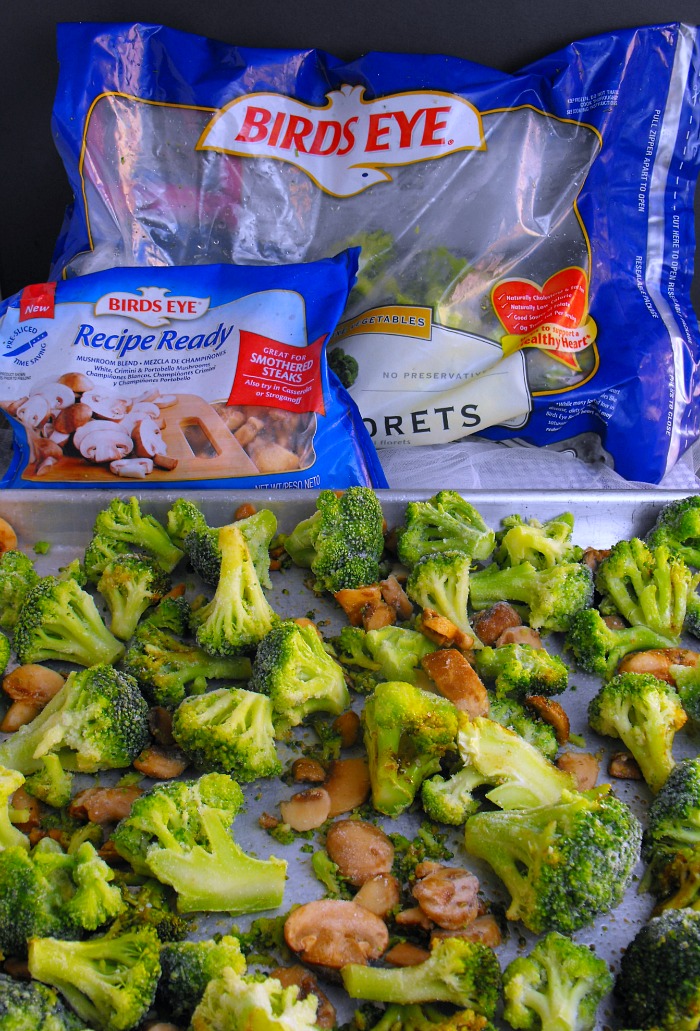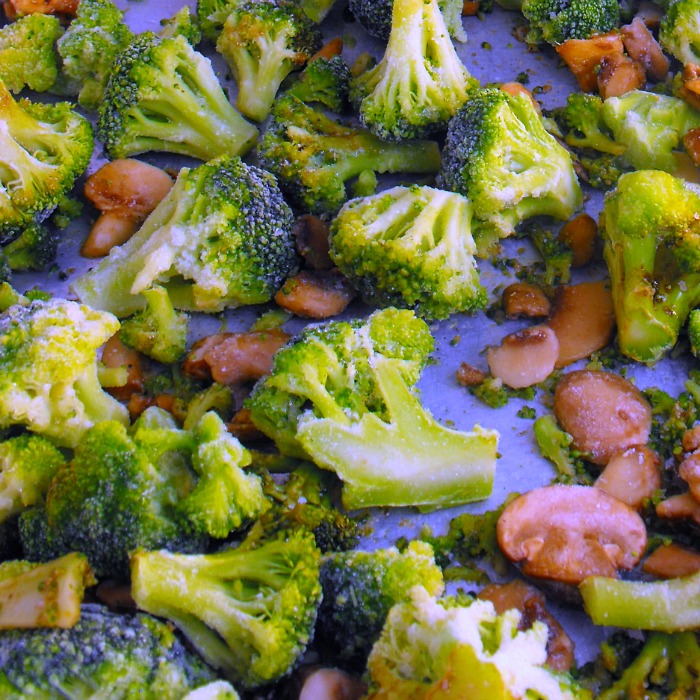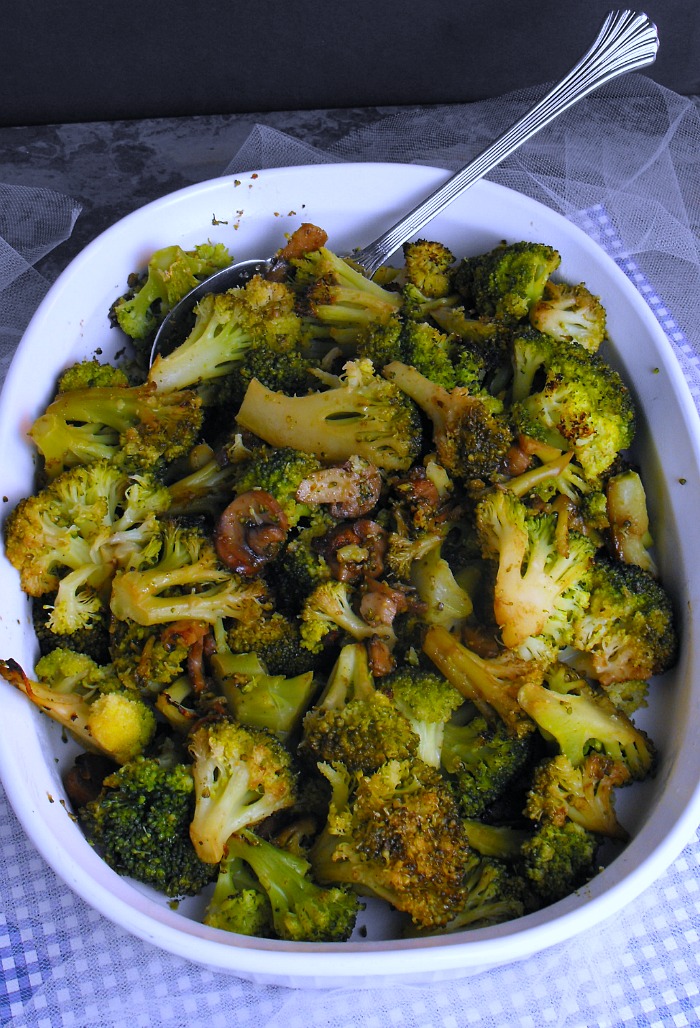This is a sponsored post written by me on behalf of The Frozen Food Foundation for IZEA. All opinions are 100% mine.
The University of California, Davis, in partnership with the Frozen Food Foundation, conducted a study that revealed that frozen fruits and vegetables are most often (or generally) nutritionally equal to – and in some cases better than – their fresh counterparts. For the study each fruit and vegetable was analyzed under the following conditions: frozen (analyzed within 24 hours of harvest and after 10 and 90 days of storage in a freezer) and fresh-stored (analyzed within 24 hours of harvest and after three and 10 days of storage in a refrigerator) As soon as my husband and I bought our first house, almost 25 years ago, the first thing we went out and bought was a freezer. While it was just the two of us, it still made sense to freeze nature’s bounty during the spring and summer to enjoy all year long. I like the idea that freezing fruits and vegetables is like pushing nature’s pause button.
As soon as my husband and I bought our first house, almost 25 years ago, the first thing we went out and bought was a freezer. While it was just the two of us, it still made sense to freeze nature’s bounty during the spring and summer to enjoy all year long. I like the idea that freezing fruits and vegetables is like pushing nature’s pause button.
Sometimes picking up a bag of frozen strawberries or broccoli is cheaper than fresh, even when they are in season. And talk about convenience; one of the cooking chores I dread the most is cleaning and chopping vegetables. With frozen fruits and vegetables, the work is done already. You simply open the bag and pour them into a pan! Considering that nearly 80 percent of Americans fail to consume the recommended amounts of fruit, and nearly 90 percent fail to meet dietary recommendations for vegetables, frozen versions can go a long way to help those numbers.
You can get nearly any kind of vegetable in frozen form. I buy bags with onions, peppers and celery already chopped and mixed together. I buy bags of frozen broccoli, cauliflower, corn, carrots, squash, spinach, kale, peas, mushrooms and green beans. I also always have frozen blueberries, strawberries and pumpkin puree in my freezer year round. At least three dinners a week in my home involve some sort of frozen produce. With a large family such as mine, there is no other way I can afford to serve nutritious meals without them!

I often roast frozen vegetables. We really like the flavor better than simply microwaving or boiling them. I add all sorts of seasonings from curry powder to herbs like thyme or marjoram. Soy sauce, balsamic vinegar or honey brighten up the flavors, too. Below is a simple recipe for broccoli and mushrooms with garlic and balsamic. It goes together in a snap and goes with almost any kind of meal.
Roasted Balsamic Broccoli and Mushrooms
- 24 oz frozen broccoli florets
- 1 cup frozen mushroom slices
- 1 Tbsp olive or coconut or grapeseed oil
- 2 tsp garlic powder
- 2 Tbsp balsamic vinegar
- Place the frozen vegetables on a large rimmed baking sheet.
- Toss with oil, garlic powder and balsamic vinegar.
- Roast at 400 degrees for 25 minutes.
- Remove from the oven and gently stir as you put them into a serving dish.
- Season with salt and pepper as desired.
3.2.2802

What are some frozen fruits or vegetables that you always keep on hand?
You can find more ideas for things to do with frozen fruit and vegetables by following Frozen Food Foundation Twitter or Frozen Food Foundation Facebook.


